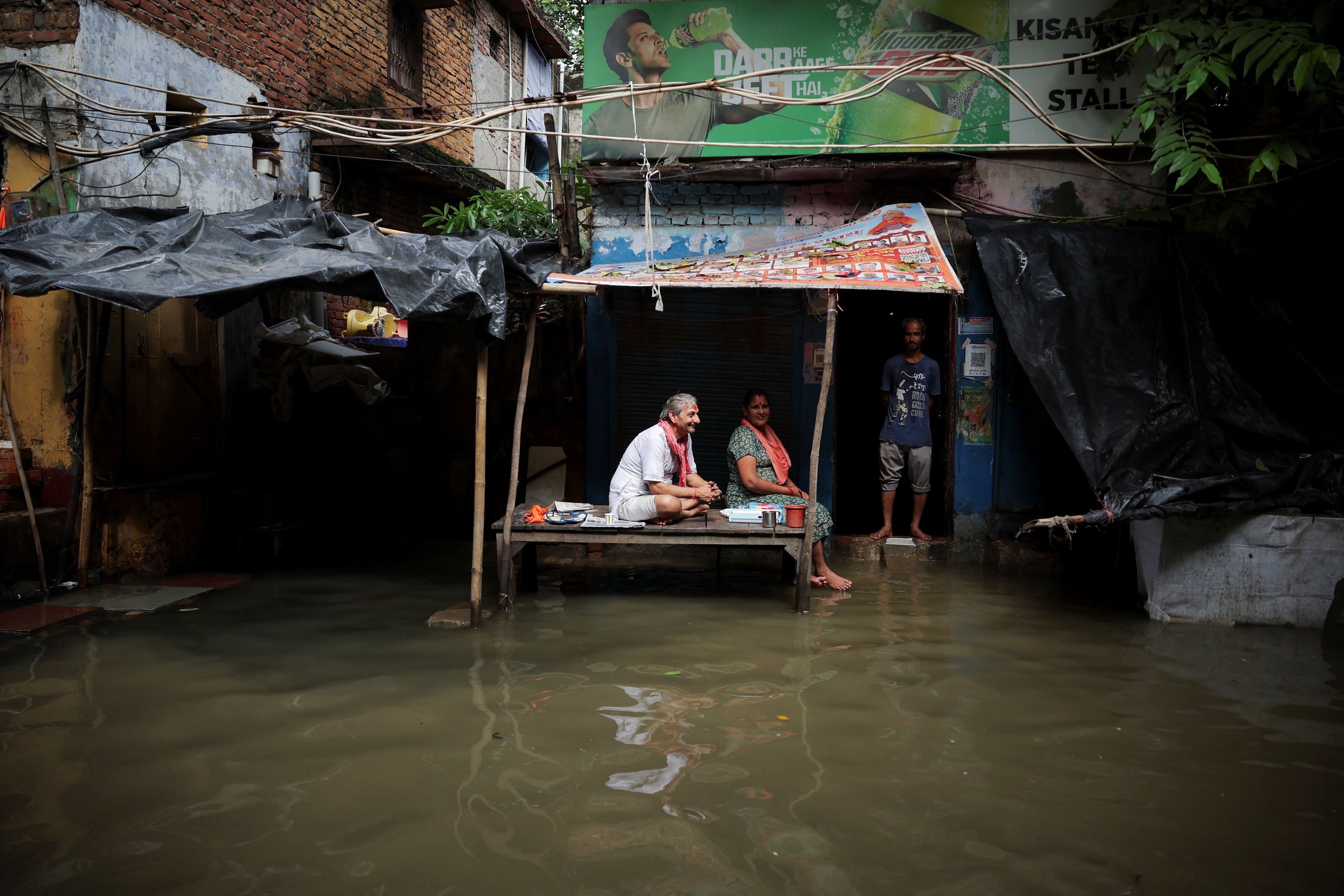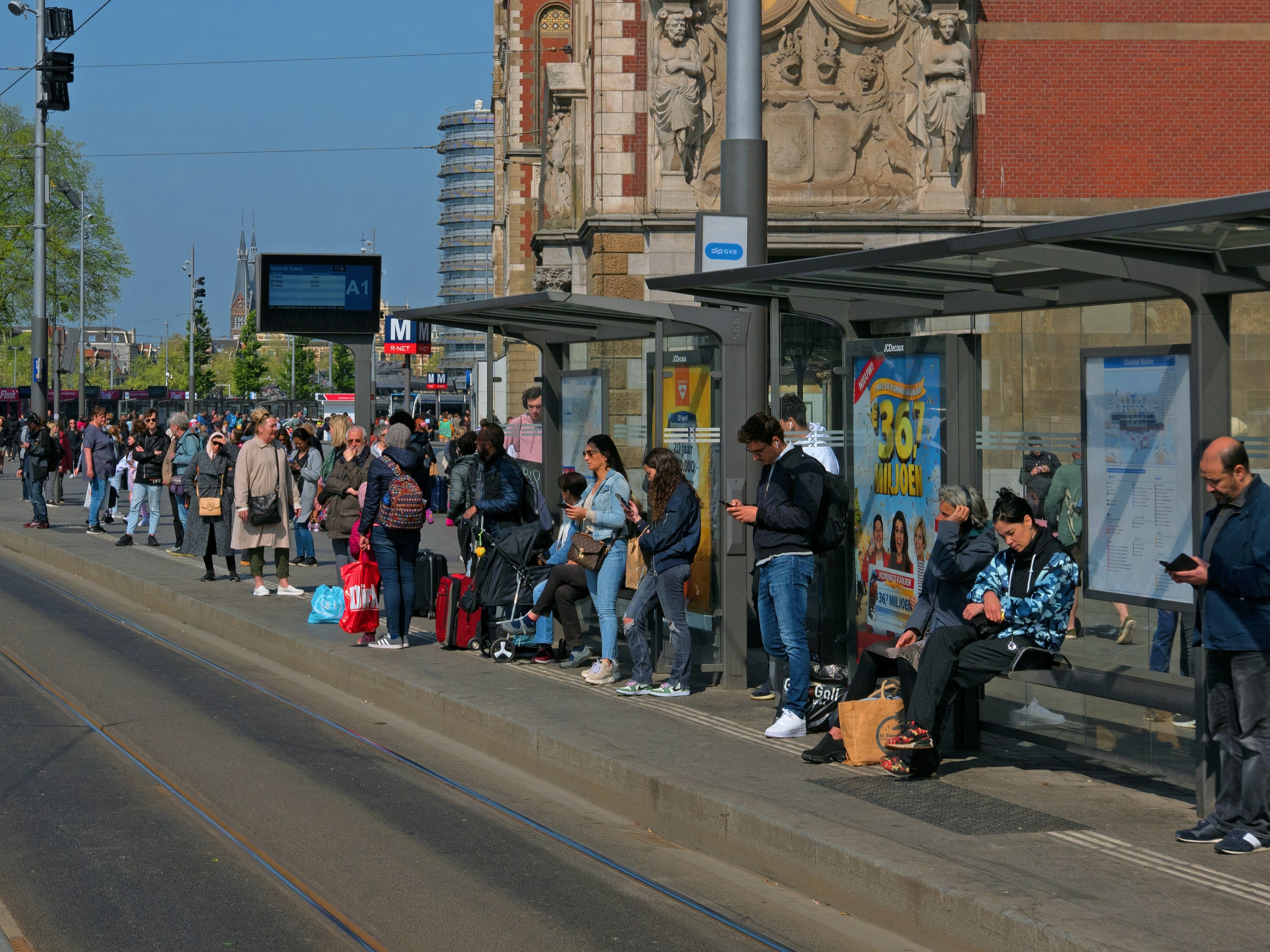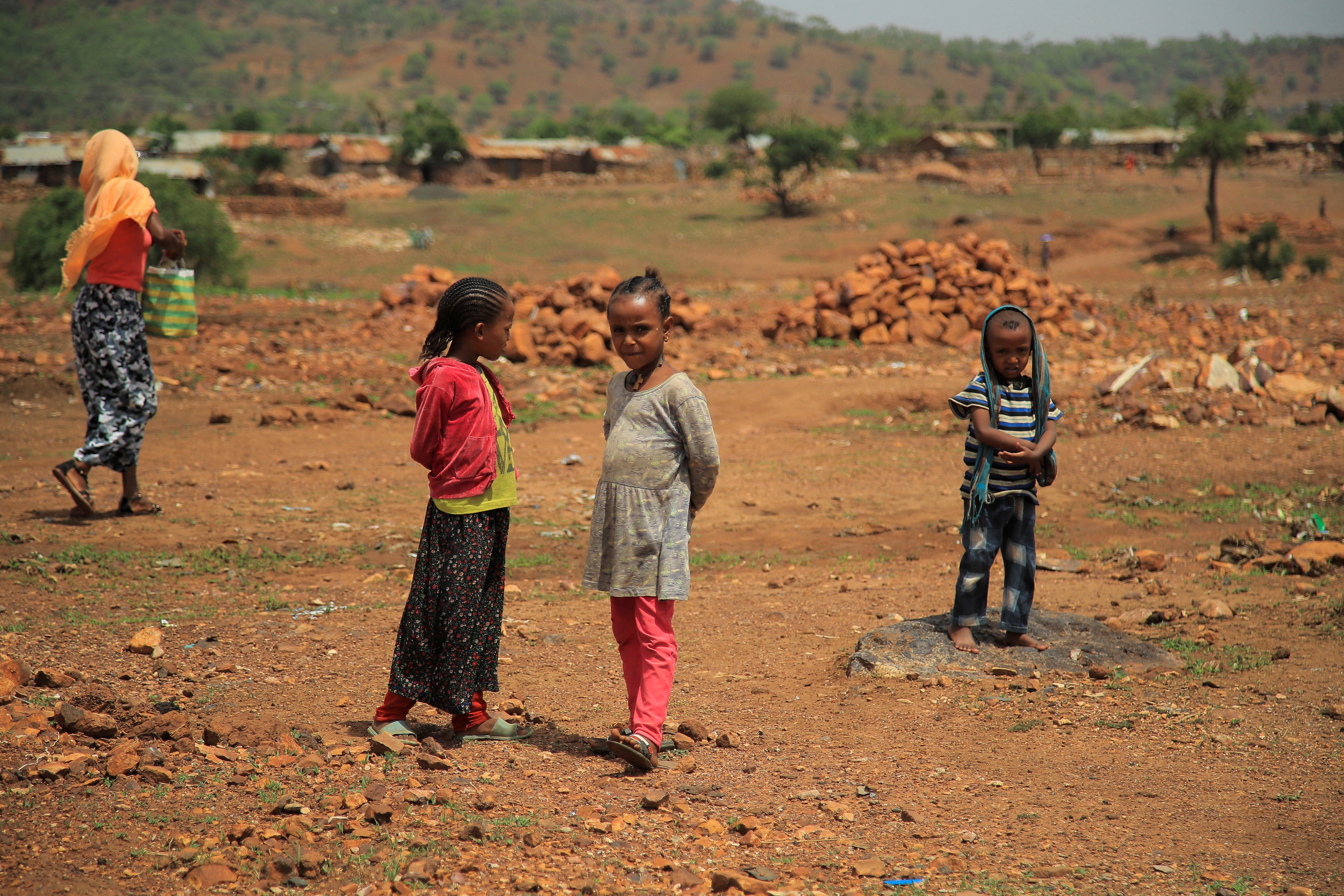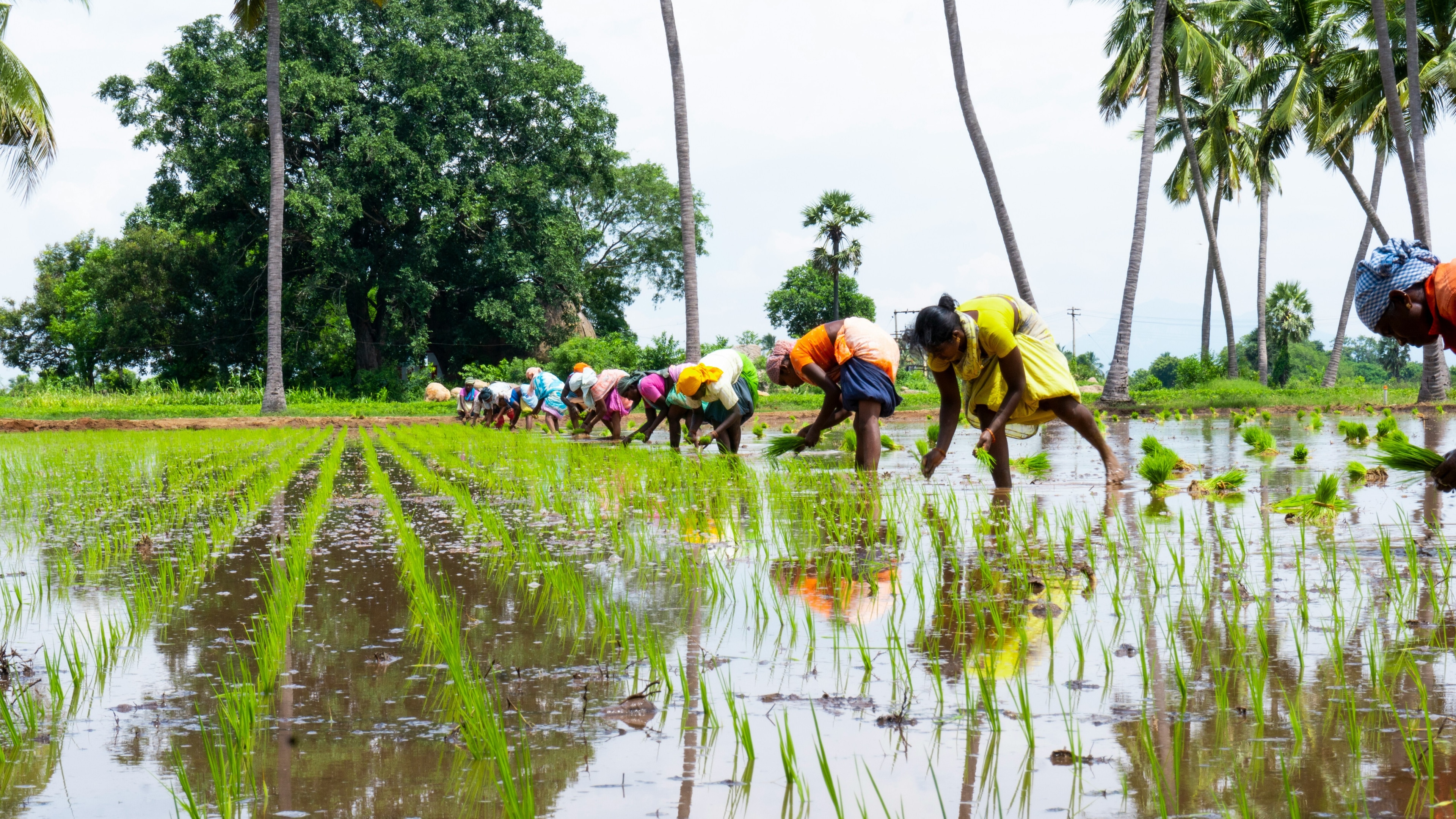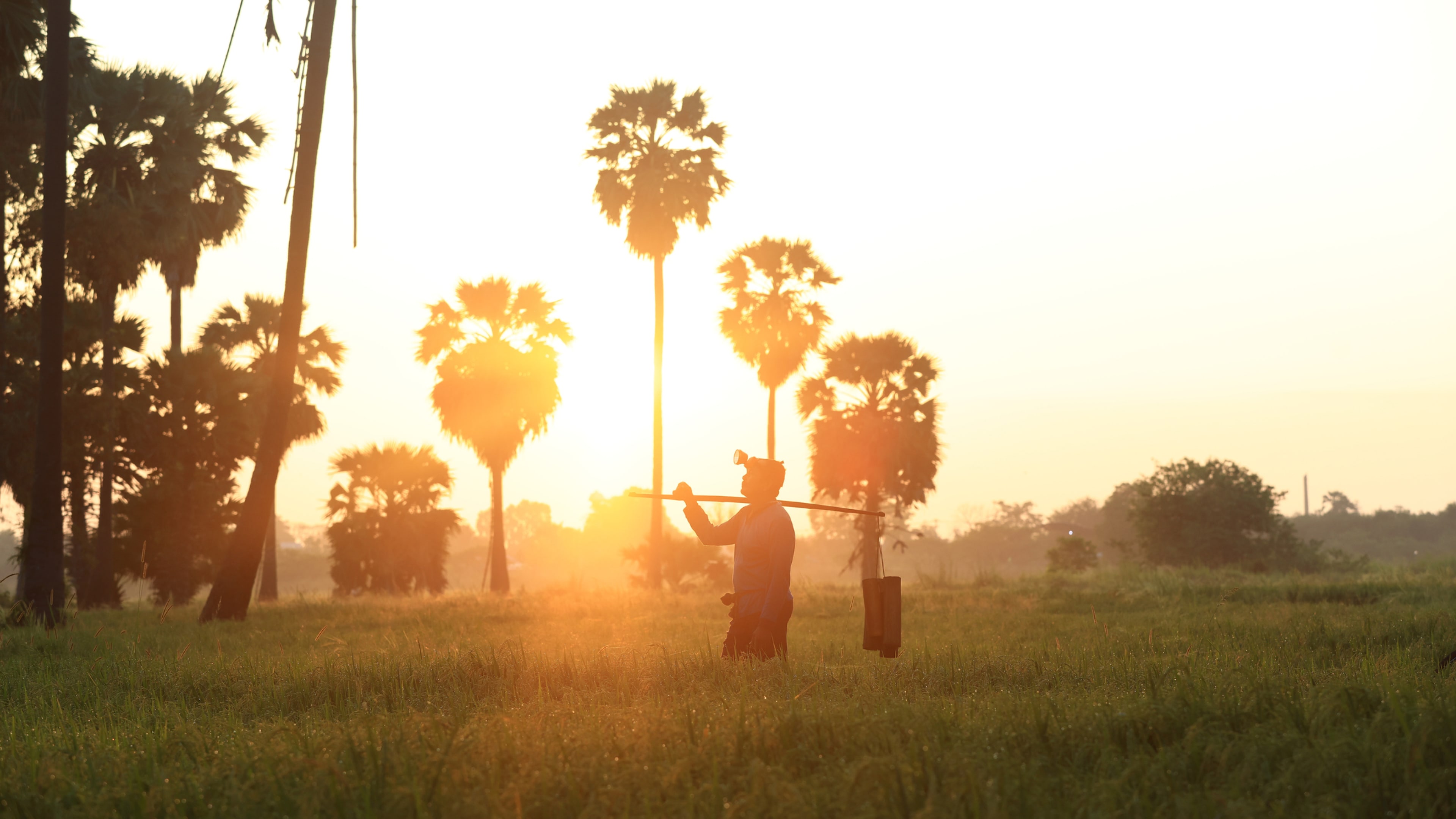This vending machine is exclusively for homeless people

A new charity plans to give out free food and clothes to those who are homeless this winter. Image: REUTERS/ Eddie Keogh
The world's first vending machine for the homeless will start giving out free food and clothes as charities in Britain gear up for a cold winter amid record levels of homelessness.
A new charity, Action Hunger, plans to stock the machine in Nottingham with excess produce donated by supermarkets, such as fresh fruit and sandwiches, as well as essentials it has bought, like socks, toothpaste and sanitary towels.
"Action Hunger's machines provide access for the most vulnerable in our society to satiate the most basic of needs - that of sustenance," the charity said on its website.

"They permit access to food and clothing free of charge at any hour - without requiring anyone to be left without aid outside the operating hours of the various charities and shelters that are available."
Homelessness is rising in England, with at least 4,100 people sleeping rough on any given night in 2016, according to the homeless charity Crisis.
Action Hunger lists the supermarkets Waitrose, Tesco and Sainsbury's among its donors, while volunteers will stock the machines each day.

Users, who will access the machines with special key cards, can take three items per day. Action Hunger says this is to guard against dependency.
Rough sleepers will be given priority, it told the Thomson Reuters Foundation via email.
The cards will be issued by partner organisations, such as The Friary in central England's Nottingham, which also offers homeless people lunch, counselling, showers and medical care.
Action Hunger said it plans to install a second machine in Manchester soon, and another in New York in February.
(Reporting by Lee Mannion @leemannion. Editing by Katy Migiro. Please credit the Thomson Reuters Foundation, the charitable arm of Thomson Reuters, that covers humanitarian news, women's rights, trafficking, property rights, climate change and resilience. Visit http://news.trust.org)
Don't miss any update on this topic
Create a free account and access your personalized content collection with our latest publications and analyses.
License and Republishing
World Economic Forum articles may be republished in accordance with the Creative Commons Attribution-NonCommercial-NoDerivatives 4.0 International Public License, and in accordance with our Terms of Use.
The views expressed in this article are those of the author alone and not the World Economic Forum.
Stay up to date:
United Kingdom
Forum Stories newsletter
Bringing you weekly curated insights and analysis on the global issues that matter.
More on Resilience, Peace and SecuritySee all
Shoko Noda and Kamal Kishore
October 9, 2025

